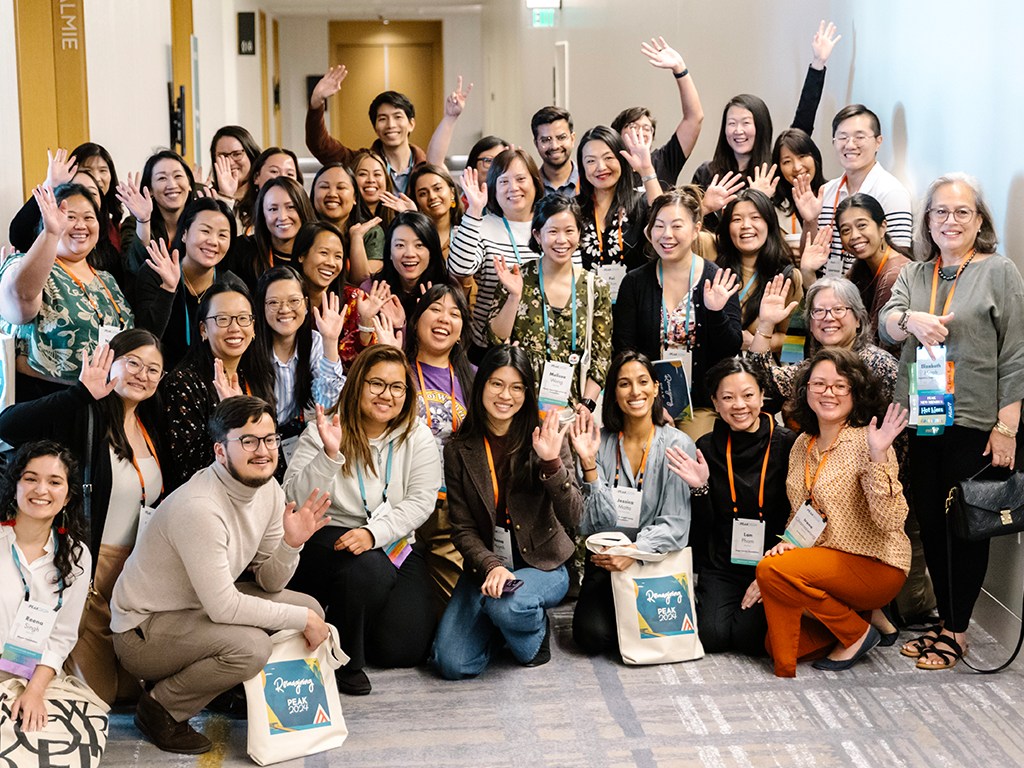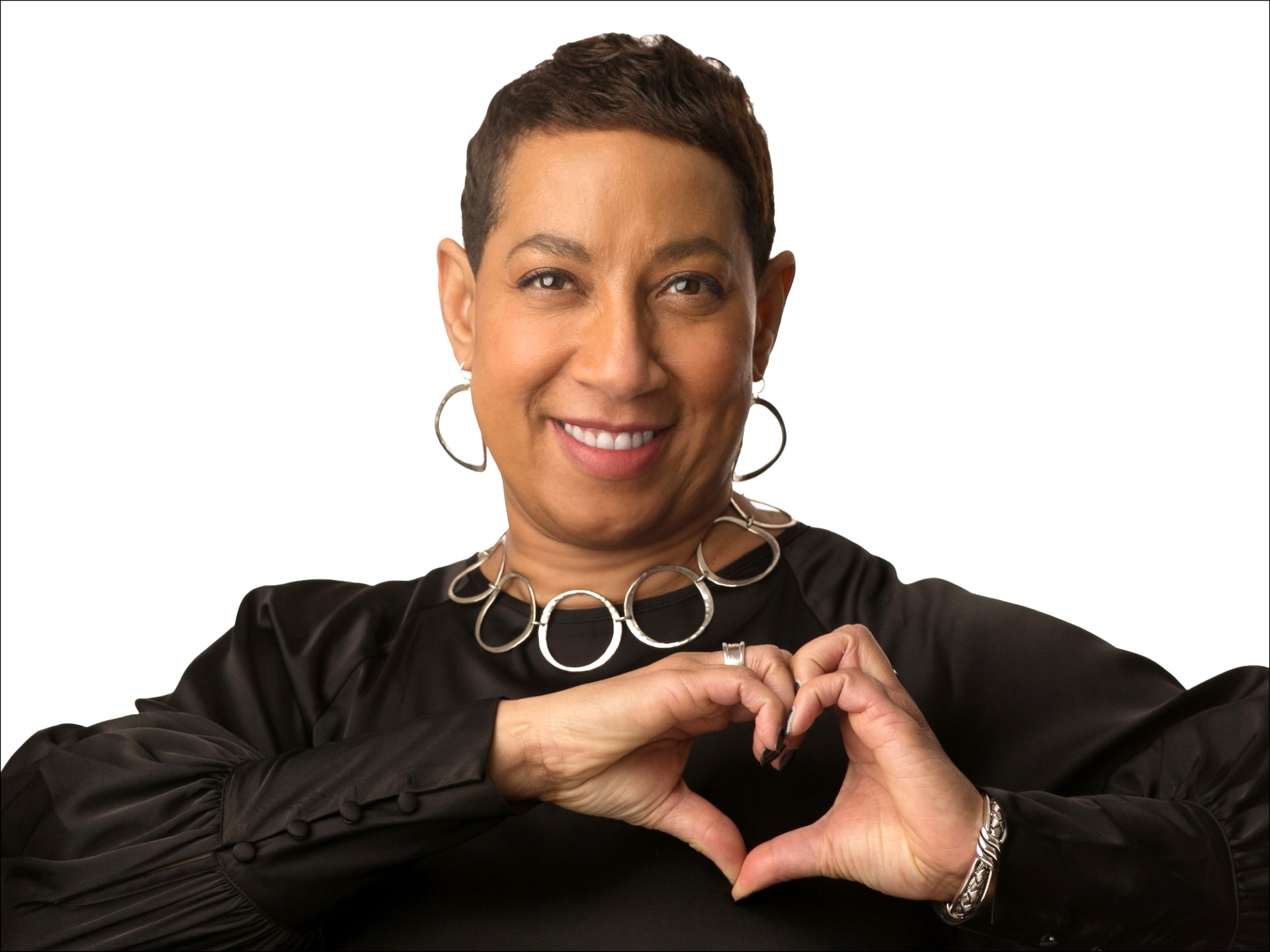LGBTQ+ Resources to Inform and Inspire You to Drive Change

In the United States, June is designated as Pride Month to commemorate the Stonewall riots that became a rallying cry and driving force for the fight for LGBTQ+ rights. And every year, this month is a time to both celebrate community and civil rights victories and to reflect on the equity gaps that remain. With that in mind, and to help our readers to deepen their understanding of the LGBTQ+ community and the issues it faces, we reached out to Hazen Foundation Program Officer Isabel Sousa-Rodriguez and AIDS United Senior Grants Manager Shannon Wyss to recommend material to read, watch, or listen to. We ended up with a treasure trove of resources that informs how you can best support and be an ally to this community.
Shannon’s recommendations
Primers and key issues
“LGBT 101: An introduction to the Queer community” This video provides an introduction to the basic concepts of sexual orientation and gender identity and the language to use to describe people in this community.
“What Is Allyship? And Other Questions You May Have” This video by the University of Central Florida explores what it means to be an effective LGBTQ+ ally and provides a list of resources
“6 Reasons Why Being Called a Cis Person Is Not ‘Oppressive’” “All sorts of arguments are being flung back and forth across the Internet about this whole usage of the term “cis gender” for—you know — cisgender people,” writes James St. James in this article that provides six reasons why adopting this terminology helps to support transgender people.
“Youth Access to Gender Affirming Care: The Federal and State Policy Landscape” “This analysis explores the current state and federal policy landscape regarding gender affirming services for youth and the implications of restrictive state laws.”
“This Map Show All the States That Have Restricted the Rights of Trans Kids” The Trans Formations Project has “developed a tool for tracking discriminatory legislation so the public can find out what’s happening in their states. The project also lists contact information for state legislators and provides descriptions of any proposed legislation in easy-to-understand language, without all the legal jargon and vagueness that tends to obfuscate what passed laws would actually do to our kids.”
Talking About Suicide & LGBT Populations LGBTQ+ youth are at increased risk of self harm and this guide “provides ways to talk about suicide safely and effectively, while advancing vital public discussions about preventing suicide, helping increase acceptance of LGBT people, and supporting their well-being.” In addition to crisis lifelines specific to LGBTQ+ youth, such as the free 24/7 lifeline services offered by the Trevor Project, starting on July 16, all Americans can call, text, or chat 988 to reach the National Suicide Prevention Lifeline.
First-person perspectives
“‘It’s how I feel. It’s not how you feel’: four teens explain why they reject the gender binary” In 2020, the Guardian launched Genderqueer generation, “a series of stories centered on, and often told by, the children and young adults who are rejecting traditional gender identities. [The newspaper] began by asking four of them to describe how they realized they were non-binary.”
“When Walking While Trans Is a Crime” “[T]he continuous arrests of trans women highlight one major shortcoming of a plan that empowers the vice squad, advocates for trans rights argue. Trans women are often assumed to be sex workers, yet police officers don’t see them as victims worthy of protection; the stigma surrounding sex work is compounded by the stigma surrounding their gender identity. Efforts to protect and bolster trans rights have yet to affect the NYPD in any meaningful way.”
“Musings from a Queercrip Femme Man of Color” “We often make the mistake of thinking that an intersectional identity means a set of compartmentalized lived experiences joined together. An intersectional identity is one lived experience layered with the complexity of sociopolitical and cultural context.”
Isabel’s Recommendations
What to read
“An Army of Lovers Cannot Lose” This leaflet of anonymous protest writings was circulated circa 1990 as the AIDS pandemic was raging in the United States and groups such as ACT UP formed to directly challenge the systemic neglect of the LGBTQ community during the crisis. “Being queer is not about a right to privacy; it is about the freedom to be public, to just be who we are. It means everyday fighting oppression; homophobia, racism, misogyny, the bigotry of religious hypocrites and our own self-hatred.” (Please note: This piece contains strong language that may be offensive to some.)
“Trans Youth Council Nine Point Platform” “We cannot break the chains that bind us if we do not strive for a world without the very systems that put them on our wrists. We cannot work alone towards this goal either, because no one struggles alone; the white, heterosexual and cisgender patriarchy harms all us. When LGBTQ+ youth come together, when the most marginalized of us are uplifted, and when those more privileged acknowledge and use it for the fight, our community has a voice that will not be silenced and the power to create a just world for all.”
The New Mutants: Superheroes and the Radical Imagination of American Comics Author Ramzi Fawaz “draws upon queer theory to tell the story of these monstrous fantasy figures and how they grapple with radical politics from Civil Rights and The New Left to Women’s and Gay Liberation Movements.”
I Am Your Sister: Black Women Organizing Across Sexualities “We cannot afford to waste each other’s energies in our common battles,” Audre Lorde writes in this 1985 pamphlet. ““How do we organize around our differences, neither denying them nor blowing them up out of proportion?… Just as racist stereotypes are the problem of the white people who believe them, so also are homophobic stereotypes the problem of the heterosexuals who believe them. In other words, those stereotypes are yours to solve, not mine, and they are a terrible and wasteful barrier to our working together.”
Disidentifications: Queers of Color and the Performance of Politics “José Esteban Muñoz looks at how those outside the racial and sexual mainstream negotiate majority culture—not by aligning themselves with or against exclusionary works but rather by transforming these works for their own cultural purposes. Muñoz calls this process “disidentification,” and through a study of its workings, he develops a new perspective on minority performance, survival, and activism.”
Irresistible Revolution: Confronting Race, Class & the Assumptions of LGBT Politics In this book, social justice leader Urvashi Vaid “turns an experienced and thoughtful lens onto many common controversies, rhetoric, and strategic questions that face contemporary social change movements: pursuit of broad or narrow agendas, integration of economic and racial justice, integrating sexual orientation and gender identity in human rights frameworks, the persistence of sexism, the dilemmas of bipartisanship, and the challenge of seeing beyond the short term to secure gains made for the long run.”
What to watch
How To Survive A Plague “This powerful documentary profiles an unlikely group of activists who helped identify and distribute promising treatments for HIV and AIDS in order to save those suffering from the disease.”
“Andrew” and “I Do” Poet and activist Andrea Gibson frequently explores gender norms and LGBTQ+ struggles in her work, and for the uninitiated, Sousa-Rodriguez suggests these pieces as read by the author.
Photo by Rene Bernal




